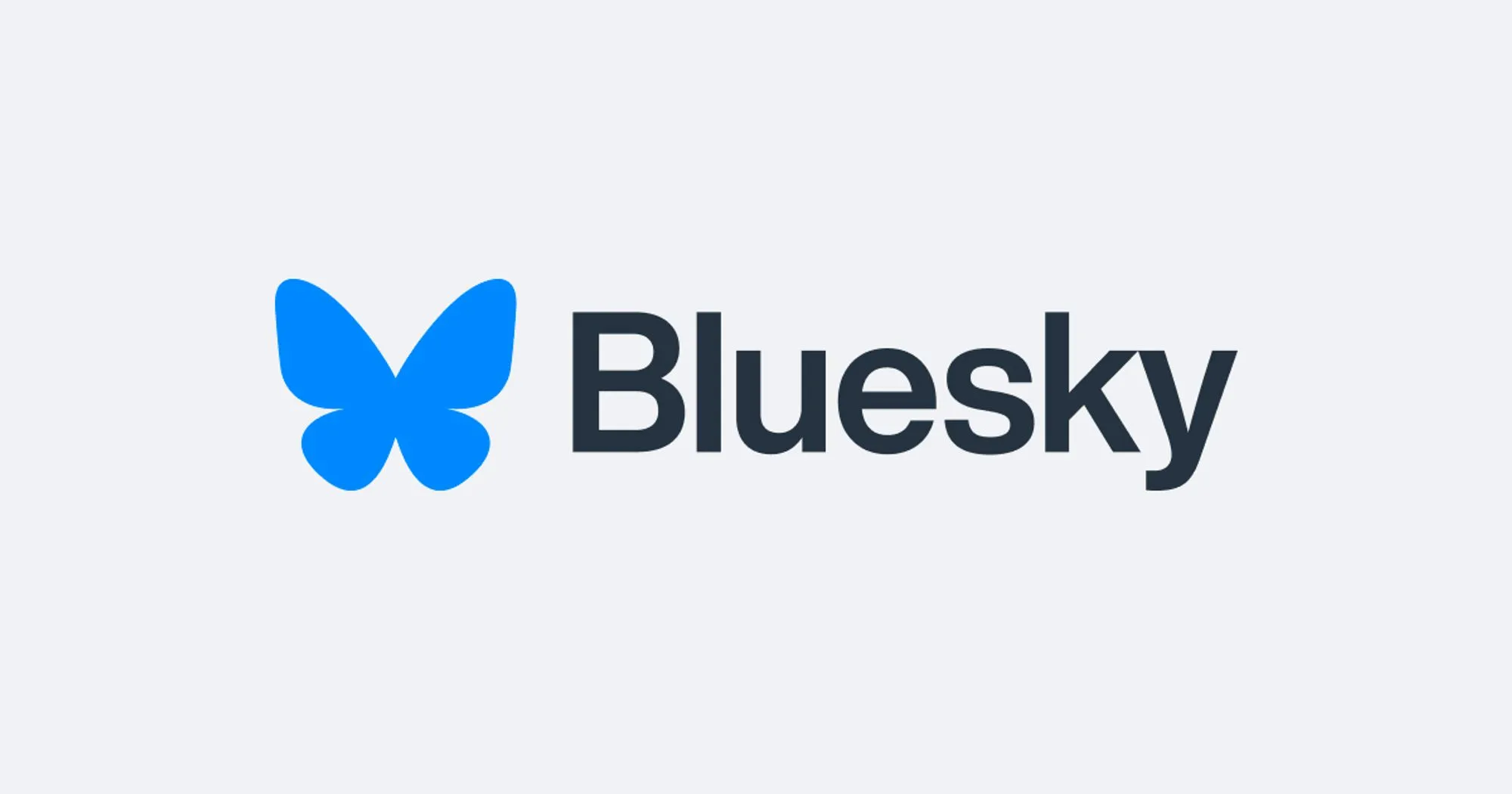
In a dramatic turn of events, Bluesky, a decentralized social media platform, has experienced a significant surge in popularity following the Brazilian government’s decision to ban X (formerly Twitter). The ban, triggered by X’s repeated violations of Brazil’s misinformation laws, led millions of users to seek alternative platforms, with Bluesky emerging as the top choice.
The Ban That Changed Everything
The Brazilian government’s crackdown on X marked a pivotal moment in the ongoing battle against misinformation and harmful content on social media. Concerns over the spread of false information and lack of adequate content moderation led to the swift and decisive action of banning the platform. X had previously been warned about its failure to comply with Brazil’s digital regulations, and when the warnings went unheeded, the ban was enacted.
This ban sent shockwaves through Brazil’s digital ecosystem. X had been one of the leading social media platforms in the country, with millions of active users. The sudden removal of a major social media outlet left many Brazilians looking for alternatives, leading them to Bluesky, a platform with a strong focus on decentralized control and content moderation.
Bluesky’s Surge to the Top
Bluesky, founded by Jack Dorsey as an alternative to traditional social media models, saw a dramatic increase in its user base almost overnight. The platform’s appeal lies in its commitment to decentralization, giving users more control over their data and experience. Bluesky’s open-source approach, along with its promise of transparency and enhanced user autonomy, resonated with millions of new users who were disillusioned by the centralized and opaque nature of X.
Within days of Brazil’s ban on X, Bluesky topped app charts globally, breaking all its previous records in terms of downloads and new user registrations. The platform reported gaining over one million new users within a week of the ban, pushing its total user base to new heights. The surge in popularity was not just limited to Brazil; the ripple effect was felt globally as users began exploring alternative platforms amidst growing concerns over the moderation policies of mainstream social media.
Why Bluesky? The Draw of Decentralization and User Empowerment
Bluesky’s unique positioning as a decentralized network has become its strongest selling point. Unlike traditional social media platforms that are governed by centralized algorithms and corporate interests, Bluesky allows users to have a say in how the platform operates. Bluesky operates on the AT Protocol, which emphasizes decentralization, data portability, and interoperability between various social media networks, ensuring that users are not locked into a single service.
This model not only enhances privacy and security but also provides a more transparent framework for content moderation, a feature that starkly contrasts with X’s much-criticized practices. The decentralized nature of Bluesky means that users can choose from different algorithms, customize their feeds, and even switch between different moderation services, creating a highly personalized social media experience.
Challenges Ahead for Bluesky
While Bluesky’s rapid growth is an impressive feat, the platform faces significant challenges in scaling its operations to meet the demands of millions of new users. Infrastructure stability, content moderation at scale, and the ability to maintain a user-friendly experience will be crucial for Bluesky as it seeks to capitalize on its newfound popularity.
Bluesky’s commitment to decentralization also poses unique challenges. With no central authority to dictate rules, maintaining a safe and welcoming environment for all users requires innovative approaches to moderation and community management. As the platform continues to expand, striking the right balance between user autonomy and responsible content governance will be critical.
Implications for the Broader Social Media Landscape
The recent events surrounding Bluesky highlight a growing trend: users are increasingly dissatisfied with traditional social media platforms and are eager for alternatives that prioritize privacy, transparency, and user control. Bluesky’s rise serves as a wake-up call for established players like X, Facebook, and Instagram, who must now contend with the growing appeal of decentralized and open-source platforms.
The success of Bluesky could mark the beginning of a broader shift in the social media landscape, where users have more power and platforms are held to higher standards of accountability. The rapid adoption of Bluesky also underscores the potential for decentralized networks to reshape how we interact online, challenging the dominance of traditional social media giants.
Looking Forward: What’s Next for Bluesky?
Bluesky’s meteoric rise is just the beginning of what could be a transformative journey for the platform. To sustain its growth, Bluesky will need to continue innovating, invest in robust infrastructure, and actively engage with its user base to address any emerging challenges. The platform’s success will depend on its ability to maintain its decentralized ethos while scaling effectively.
For users, Bluesky represents a promising new chapter in social media—one where control, transparency, and community take center stage. As the platform continues to evolve, it will be interesting to see how it shapes the future of online interaction and how other social media networks respond to the growing demand for a more decentralized digital world.
Bluesky’s surge following Brazil’s ban on X is more than just a fleeting moment of success; it’s a signal of the shifting tides in the social media industry. As users increasingly seek alternatives that align with their values of privacy and control, platforms like Bluesky are poised to redefine the rules of the game. The coming months will be crucial in determining whether Bluesky can sustain its momentum and establish itself as a viable competitor in the crowded social media space. One thing is certain: the social media landscape is changing, and Bluesky is leading the charge.
